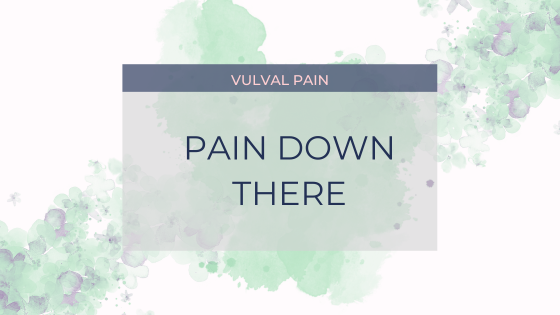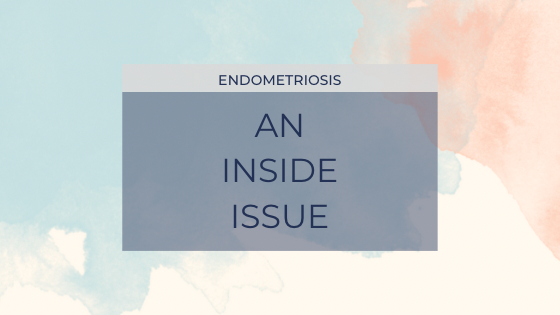Vulvodynia and Vestibulodynia describe two vulval pain conditions, let's have a closer look now at a few of the similarities and notable differences.
Vulvodynia describes a condition of vulval pain and/or soreness in the absence of any skin condition. Remember the vulva, refers to the external female genital organs, which includes the labia, clitoris, and vaginal opening.
The pain may be localised to one area e.g. clitorodynia (pain at the clitoris) or generalised over the whole vulva and spreading into legs, upper thighs or around the anus. For many patients it will be hard to link the onset of the pain to a specific trigger or event. The times pain is experienced will also differ between women, in some it may be intermittent in others persistent. Symptoms of vulvodynia usually begin suddenly and can last anywhere from months to years.
These symptoms can include:
- Burning sensation
- Stinging or rawness
- Painful sex (Dyspareunia)
- Aching, soreness, or throbbing
The intensity of the pain can range from mild discomfort to severe constant pain that prevents you from even sitting comfortably.
Vestibulodynia describes a condition of hypersensitivity to touch on the vestibule (entrance of the vagina). This may include pain as a result of light touch, using a tampon, intercourse or other stimulus around the vestibule area such as tight clothing. There is a wide range of how individuals experience this pain, some women have pain but are able to enjoy sex, for others any pressure such as tight clothing or light touch can result in intense soreness.
The onset of the pain on touch may have been the first symptom in some patients who find it hard to link it back to a cause, in others the pain will have started following an event such as a severe bout of thrush, childbirth or is linked to a diagnosis of bladder pain syndrome.
The times pain is experienced will also differ between women, in some it may be intermittent, only when provoked in others persistent and continue after provocation. The intensity of the pain is again very individual and can range from mild discomfort to a severe constant pain that prevents you from even sitting comfortably.
Examination
With both these conditions although there is often nothing to see on examination there is a very real physical response in the body and these conditions are not “just inside your head”. Secondary to any vulval pain condition there may also be a protective spasm of the muscles of the pelvic floor resulting in a further pain cycle.
Help
Many healthcare providers may not be familiar with vulvodynia or vestibulodynia. therefore it is important to access a doctor (often a specialist vulval dermatologist), sex therapist or physiotherapist that is knowledgeable about these condition.
Your healthcare provider will guide you through treatments that can help bring relief. Many doctors will recommend the use of a topical local anaesthetic called lidocaine. We recommend our 4% lidocaine cream (a real hero product) Releveum®. The anaesthetic can ‘numb’ the nerves in the skin temporarily and may be used safely on a regular basis. Many women have gained considerable benefit using the treatment, particularly with vestibulodynia when the gel is used half an hour prior to sexual intercourse. They find it helpful to rub the gel into the tender areas – this helps numb the skin, as the pain response is reduced this helps to reduce the protective muscle spasm in the pelvic floor muscles. Remember to make sure that you use a test dose first on a small area of the vulva as around 10 per cent of women can have a skin reaction to it.
Use of high quality lubricants, vaginal dilators or therapeutic aids for massage may also be recommended by your physiotherapist or healthcare practitioner.





